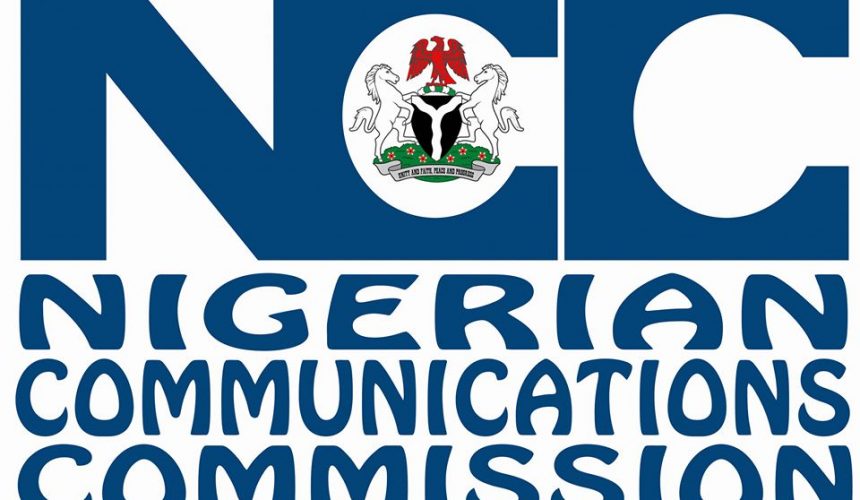…operators count loses
The Federal government has announced that telecommunications companies in Nigeria can now resume registration, activation and replacement of new Subscriber Identity Module (SIM) cards, starting from 19th of April, 2021.
This was made known in a statement made by the spokesman of Minister of Communications and Digital Economy, Isa Ali Pantami, it was said that the registration will be in line with the new policy guidelines approved by the government.
Recall that in December, 2020, the Federal government placed a ban on the registration of new SIM by telcos in Nigeria.
“We are cracking down on multiple SIM registrations and fraudulent sales carried out by corrupt vendors to facilitate fraud and other dubious activities,” the Nigerian Communication Commission had said in statement in December.
The new policy makes it mandatory for anyone to be issued SIM to have the National Identity Number(NIN).
The Technical Assistant (Information Technology) to the Minister of Communications and Digital Economy, Femi Adeluyi, said: “The issuance of New SIMs and other suspended activities will resume on the same date, as long as verification is done and the guidelines are fully adhered to.”
“The Honourable Minister has also directed NCC and NIMC to ensure that the provisions of the Policy are strictly followed by all operators and subscribers.”
According to the statement, possession of a National Identity Number (NIN) will be a prerequisite for new SIM acquisition and activation, SIM replacement, new SIM activation for corporates and Internet-of-Things/Machine-to-Machine (IoT/M2M), amongst others.
Corporate registration institutions will be required to appoint a telecoms master (at the minimum of an executive management level) to provide the operational primary NIN representation. The Telecoms master will also be responsible for ensuring that the users provide their NINs to serve as a Secondary NIN.
“The revised policy will ensure that operators conform to the required standards for biometric capture.
“The Guidelines in the Policy have been painstakingly developed and while they are thorough, it should be noted that they have been developed that way in National interest since the SIM is essentially a national resource. Citizens and legal residents are encouraged to bear with the government as the process has been developed in the best interest of the country.” Adeluyi said
Telcos count losses
Earlier in March, MARKETING EDGE had reported that the four major telecoms service providers recorded zero porting activities, following the NCC’s directive in December for the telcos to suspend sales, registration and activation of new SIM cards, hindering porting activities as well.
Meanwhile, latest industry statistics from the Nigerian Communications Commission (NCC), showed that telecommunication companies lost some 11.84 million subscribers, following the commencement of the National Identification Number (NIN) registration.
A breakdown of subscriber statistics showed that Airtel lost the highest number of subscribers in February, 2021. The telco dropped by 1.99 million subscribers from 53.42 million subscribers in January to 51.43 million customers.
MTN followed with a loss of 1.68 million subscribers. It had 79.03 million subscribers in January, but the figure fell to 77.34 million in February.
Globacom lost 415,071 subscribers, recording a total of 54.17 million subscribers as against 54.59 million users in January, while 9mobile, which had 12.80 million users in January, lost 35,698 subscribers in February with a total of 12.77 million users.
Globacom, which replaced Airtel as the second largest operator in January, retained the position with 27.68 per cent market share, while Airtel followed with 26.28 per cent market share.
MTN remained Nigeria’s largest mobile network operator with 39.52 per cent market share. 9mobile remained the fourth operator with 6.41 per cent market share.
Nigeria’s tele-density dropped by 2.17 per cent as the number of subscriptions dropped from 200.21 million in January to 196.07 million in February.
Broadband penetration continued to fall as February recorded 42.06 per cent from 42.93 per cent in January, a 3.87 per cent decrease from 45.93 per cent recorded in October 2020.
Nigeria’s mobile Internet subscribers decreased by 2.76 million in February, with the total number of Internet users dropping to 148.13 million from 150.89 million in January






Comment
No comments found.